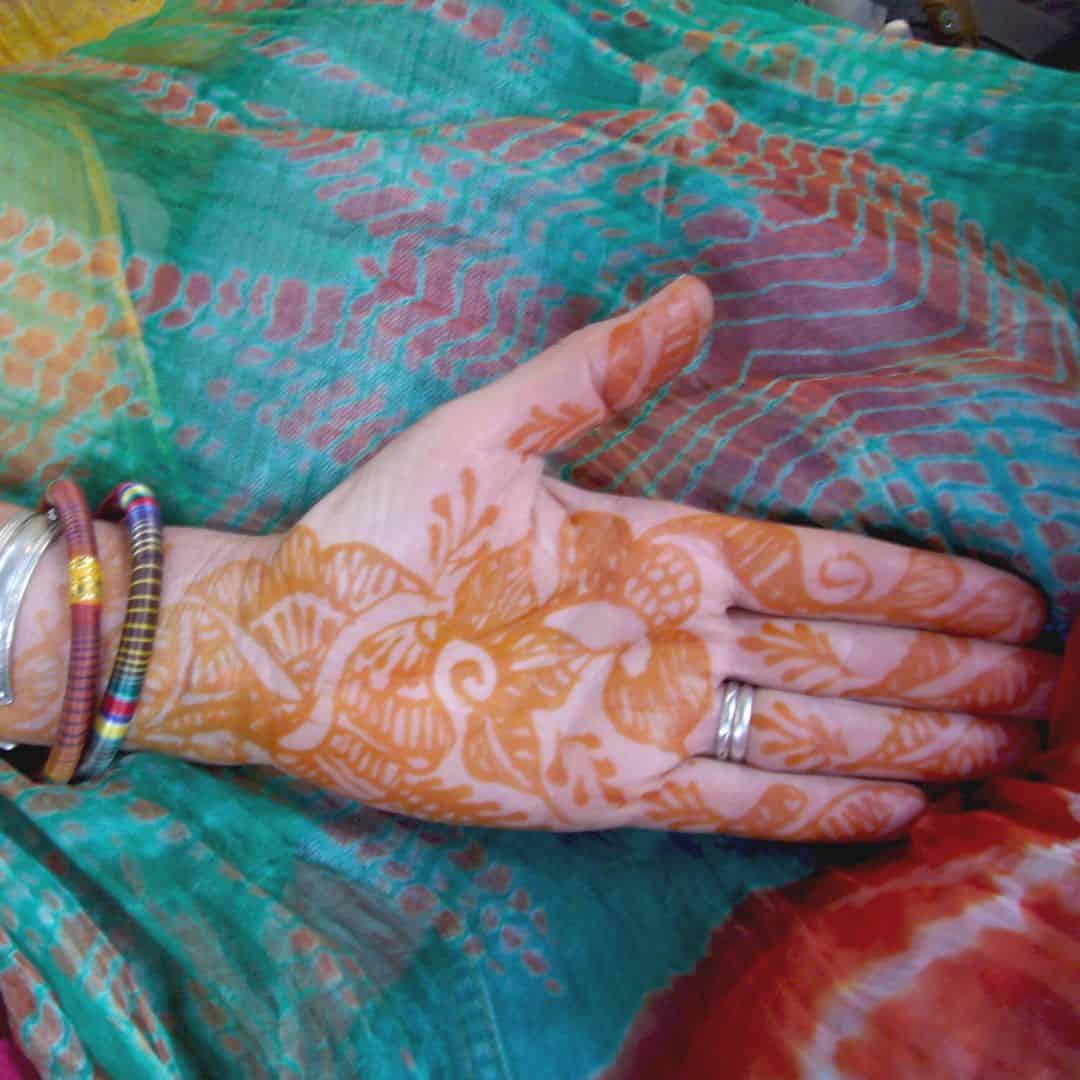The Ministry of Culture, through the Directorate General of Books, Comics and Reading, is launching a new edition of the literary activities programs in public Secondary Schools and ‘Story Drawers’ in public Art Schools.
Within the framework of the Plan for the Promotion of Reading 2021-2024, the programs bring together a total of 302 creators in the 404 activities that will take place until June 14 throughout Spain.
TDB keeps you informed. Follow us on Facebook, Twitter and Instagram
Culture
Literary activities in high schools
With more than two decades of experience, the program of literary activities in secondary schools offers students the opportunity to learn about the work of storytellers, poets, playwrights, illustrators and translators, and is an opportunity for the participating authors to take the pulse of the interests of young readers. This year the project brings together 263 authors, including Care Santos, Mario Obrero, Espido Freire and David Lozano.
In total, 370 activities have been programmed throughout Spain, including 24 in the ‘Why read the classics’ series. There will be 88 in Andalusia; 11 in Aragon; 7 in the Principality of Asturias; 1 in the Balearic Islands; 9 in Cantabria; 7 in the Canary Islands; 61 in Castilla y Leon; 20 in Castilla-La Mancha; 4 in Catalonia; 20 in Extremadura; 27 in Galicia; 3 in La Rioja; 52 in the Community of Madrid; 18 in the Region of Murcia; 3 in Navarre; 2 in the Basque Country, 33 in the Community of Valencia and 1 in Ceuta. In addition, there will be a meeting in Casablanca (Morocco), another in Rome and one in Andorra.
Illustration and comics in art schools
Likewise, the program ‘Cartoonists of Stories. Literary meetings in Art Schools’, which aim to support creators dedicated mainly to illustration and comics, will have a total of 34 meetings, distributed throughout Spain, with the participation of 33 authors including Paco Roca, Ana Peynas, Manel Cráneo and Ana Pez.
These meetings are held in public schools that offer professional education in plastic arts and design and their main purpose is to contribute to the development of quality artistic training that guarantees the qualification of future professionals in plastic arts and design.
By autonomous communities there will be 8 meetings in Andalusia; 2 in Aragon; 1 in the Principality of Asturias; 1 in the Balearic Islands; 4 in Castilla y Leon; 3 in Castilla-La Mancha; 4 in Catalonia; 3 in Galicia; 1 in the Region of Murcia; 2 in Navarra, 3 in the Community of Madrid; 1 in Ceuta; and 1 in Melilla.
Development of the programs
The program of literary activities in public Secondary Schools is developed in the classroom and telematic mode and has two types of activities: on the one hand, literary meetings in which the author talks about his work and creative process and maintains an open dialogue with the students. On the other hand, ‘Why read the classics’, is an activity that focuses on the work or figure of an author whose transcendence goes beyond a specific historical period or literary current. For the development of this activity, the Dirección General del Libro, del Cómic y de la Lectura provides the centres with a list of different anniversaries and commemorations of 2024.
In the selection of the proposed activities, priority was given to those institutes participating in the program for the first time or which had no activity the previous year. Likewise, the diversity between literary genres (narrative, poetry, theatre, essay, translation and illustration), the variety of the author’s career, parity, balanced representation of the different territories or the presence of the two types of activity included in the program were also taken into account.
In turn, in the ‘Dibujantes de Historias’ program, it has been the centres themselves that, depending on their programming, have proposed the participation of the creators and agreed with them on the topics to be dealt with, the format and the date of the activity.
